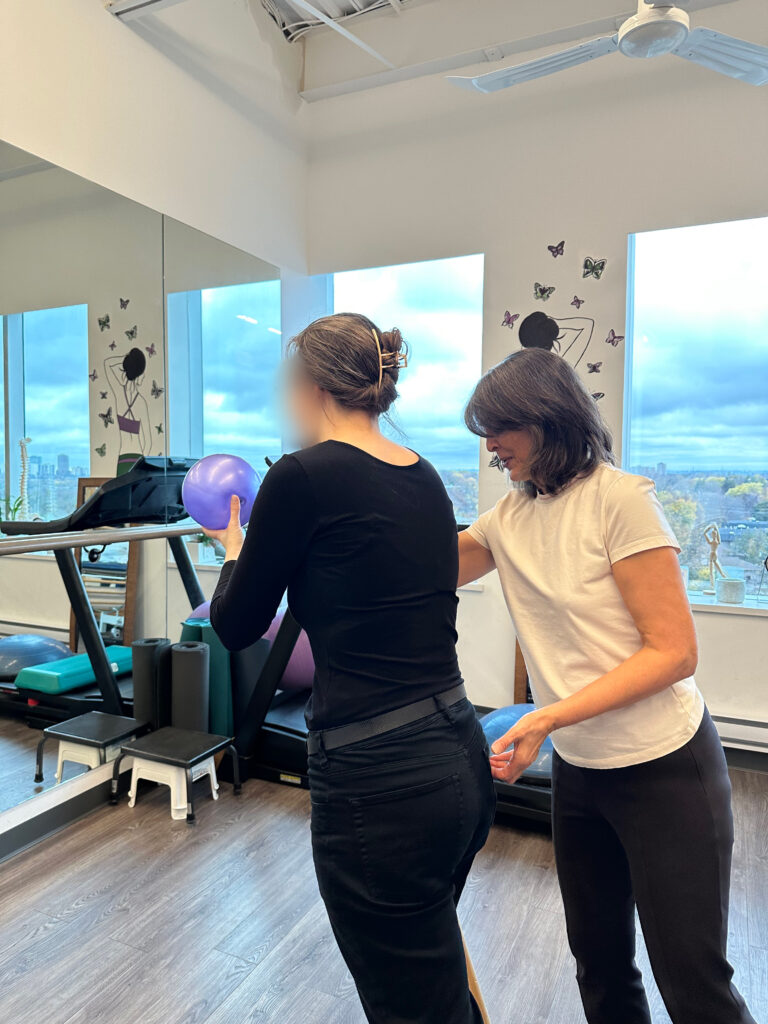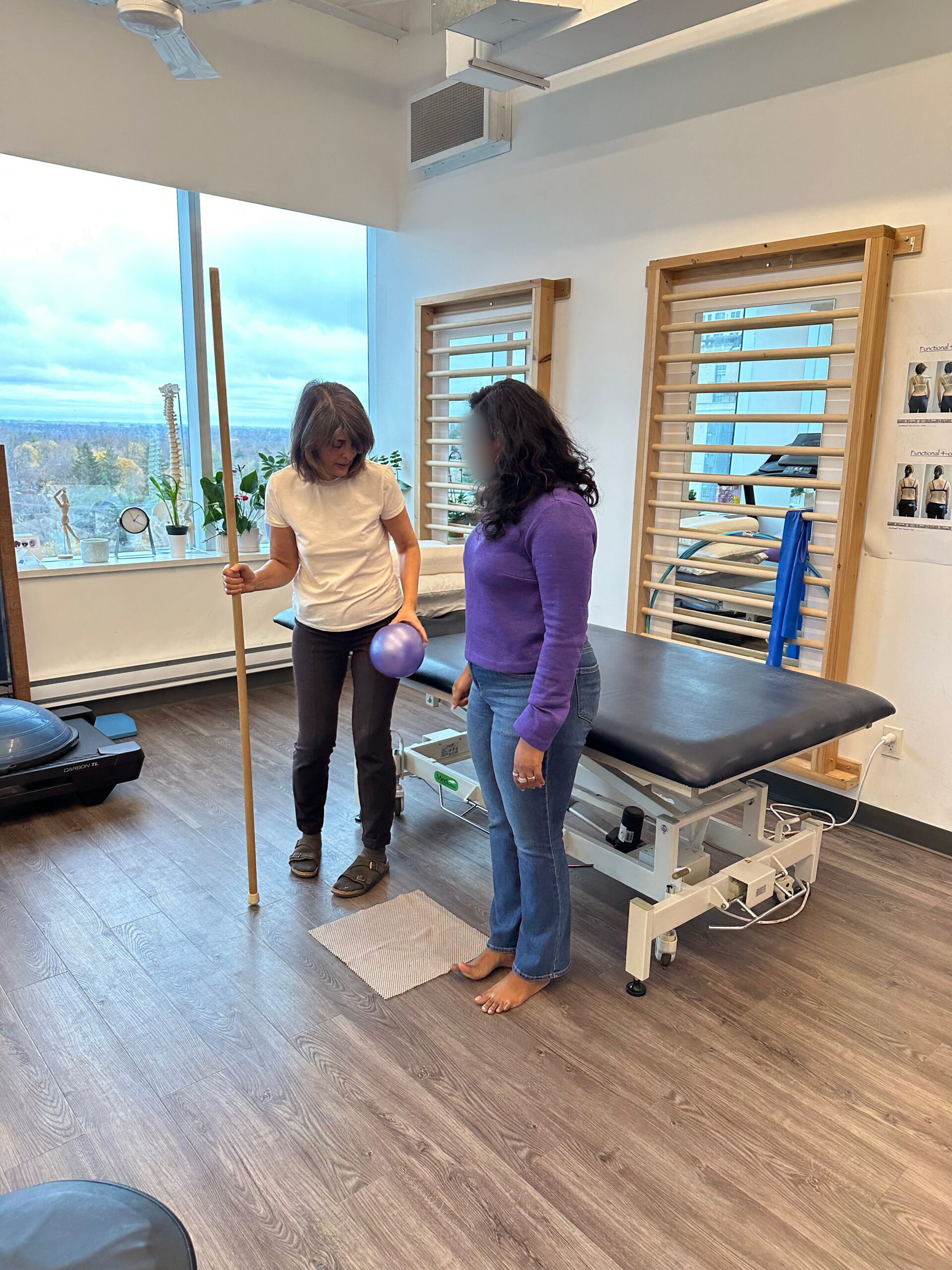Why addressing emotions can speed up your recovery.
Bobath sessions focus on both physical movement and emotional balance, ensuring you heal motor skills and cognitive function together.
Research shows that rehab programs integrating psychological care boost engagement and improve outcomes.
Facing Emotional Hurdles After a Neural Injury
What Emotions are You Experiencing?
After a neural injury, such as a stroke or traumatic brain injury—up to 31% of survivors experience clinical depression, and nearly 24% report anxiety within the first year. Feelings of anxiety, frustration, sadness, or apathy often emerge as your brain tries to rewire itself around damaged areas.
These emotional shifts can include emotional lability (rapid mood swings) and irritability, which result from both biochemical changes in the brain and the stress of coping with new physical limitations.
Recognizing these reactions as common after effects, rather than personal failings, is the first step toward regaining control of your recovery journey.
How Can Stress Slow Your Progress?
Unchecked emotional distress doesn’t just affect your mood—it directly impacts motor function gains and daily engagement in daily tasks.
High stress raises the hormone cortisol, which can block the brain’s ability to form new connections, thereby slowing improvements in balance, coordination, and motor skills. When you’re stressed, you may skip therapy or take fewer steps during exercise, and that can delay your recovery.
Getting help early—through counseling, support groups, or relaxation exercises—keeps you on track for both mind and body recovery.
How Bobath Therapy Lifts Your Mood
Bobath therapy cares for your whole self by blending movement practice with emotional support.

What to Expect in Your Supportive Sessions
Your therapist starts with an individualized assessment to not only learn your movement challenges but also how you’re feeling that day.
Together, you set small, clear targets—like standing a bit longer or lifting an arm a bit higher—that you can meet each day. This fosters a sense of progress that counters feelings of helplessness.
Celebrating each little win boosts your confidence and taps into the brain’s reward system, making you want to keep going. This drives motivation, helping you stay engaged and hopeful throughout your recovery.
A strong bond with your therapist—called the therapeutic alliance—has been shown to reduce pain and improve progress in rehab.
How Gentle Cues Boost Your Confidence
During hands-on facilitation, your therapist uses gentle touch and clear verbal prompts to guide you toward normalized movement patterns while offering calm reassurance. For example, a light touch on your hip may help you feel more secure when shifting weight, reducing fear and building trust in your own body
These cues help your body relearn balanced muscle tone and smooth motion.
Adding simple mental tasks—like counting or naming objects—keeps your mind engaged and lifts your mood at the same time.
This mind-body teamwork has been linked to lower anxiety and better cognitive function in neurorehabilitation.
Simple Strategies to Support Your Well‑Being
Beyond formal sessions, simple practices at home can reinforce the mind-body connection that Bobath therapy begins in the clinic.
Can a Few Deep Breaths Ease Your Stress?
Yes, breathing exercises calm your nervous system, reducing muscle spasticity and promoting relaxation.
Mindful Breathing
Mindful Breathing activates your parasympathetic (“rest and digest”) system, which slows your heart rate and lowers stress hormones like cortisol.
4-7-8 Breathing Technique
- Inhale for 4 seconds.
- Hold your breath for 7 seconds.
- Exhale for 8 seconds.
How Everyday Tasks Become Therapy
Task‑oriented training also boosts confidence by showing you practical progress in your day‑to‑day life.
Make Therapy Meaningful by Using Daily Tasks
Integrate simple activities into your exercises like:
- Reaching for a cup
- Brushing your hair
- Standing from a chair
This turns practice into real-life skills and helps you see direct progress in everyday life.
Task-oriented Training Delivers Better Balance & Movement
Studies in Frontiers in Human Neuroscience show that practicing functional tasks significantly improves balance and motor skills compared to isolated joint exercises. This has shown to lead to stronger performance in daily tasks and activities.
Try a Confidence-building Goal Today
For example:
Turning these simple chores into a win for your recovery.
- Pour yourself a glass of water using both hands.
- Focus on keeping a tall posture and smooth, steady motions.
What You Eat Matters for Your Mind
Omega‑3s and antioxidants in your diet support neuroplasticity, helping your brain form new connections.
A balanced diet rich in PUFAs and micronutrients can also enhance cognitive ability and stabilize mood during recovery.
Omega-3 Fatty Acids
These are typically found in:
- Salmon
- Flaxseed
- Walnuts
These fats help reduce post-stroke depression and support memory by calming brain inflammation and promoting healthy neural connections.
Antioxidant-Rich Fruits & Vegetables
These are typically found in:
- Berries
- Leafy greens
- Other colorful produce
These fight oxidative stress in the brain, helping neurons heal and form new pathways after injury.
Mediterranean-Style Diet with Extra-Virgin Olive Oil
In a randomized trial, stroke survivors who followed a Mediterranean diet supplemented with extra-virgin olive oil showed greater improvements in cognitive ability over six months than those on a low-fat diet.
Daily Dietary Tips
- Aim for two servings of fatty fish per week (e.g., salmon or mackerel).
- Fill half your plate with antioxidant-rich veggies at each meal.
- Drizzle 1–2 tablespoons of extra-virgin olive oil on salads, steamed vegetables, or whole-grain toast each day.
Why Choose Our Personalized Bobath Care?
How We Tailor Your Recovery Plan
At Canada Scoliosis & Neuro Centre, Azita Tayyeba and our team conduct individualized assessments to set goals that matter most to you.
Every plan is carefully crafted as you improve, ensuring we address the physical, emotional, and cognitive impairments together.
Meet Your Support Team and Their Expertise
We combine advanced Bobath techniques with ongoing encouragement to enhance motor function and boosting brain function.
Our therapists use adaptive equipment and continuous evaluation to keep you moving forward safely and confidently.
Let’s Begin Your Journey to Heal Your Body & Mind
Book an appointment today at Canada Scoliosis & Neuro Centre and experience neuro physiotherapy that cares for both your body and your spirit.
Learn more about the Bobath Method.

